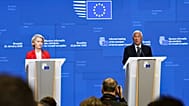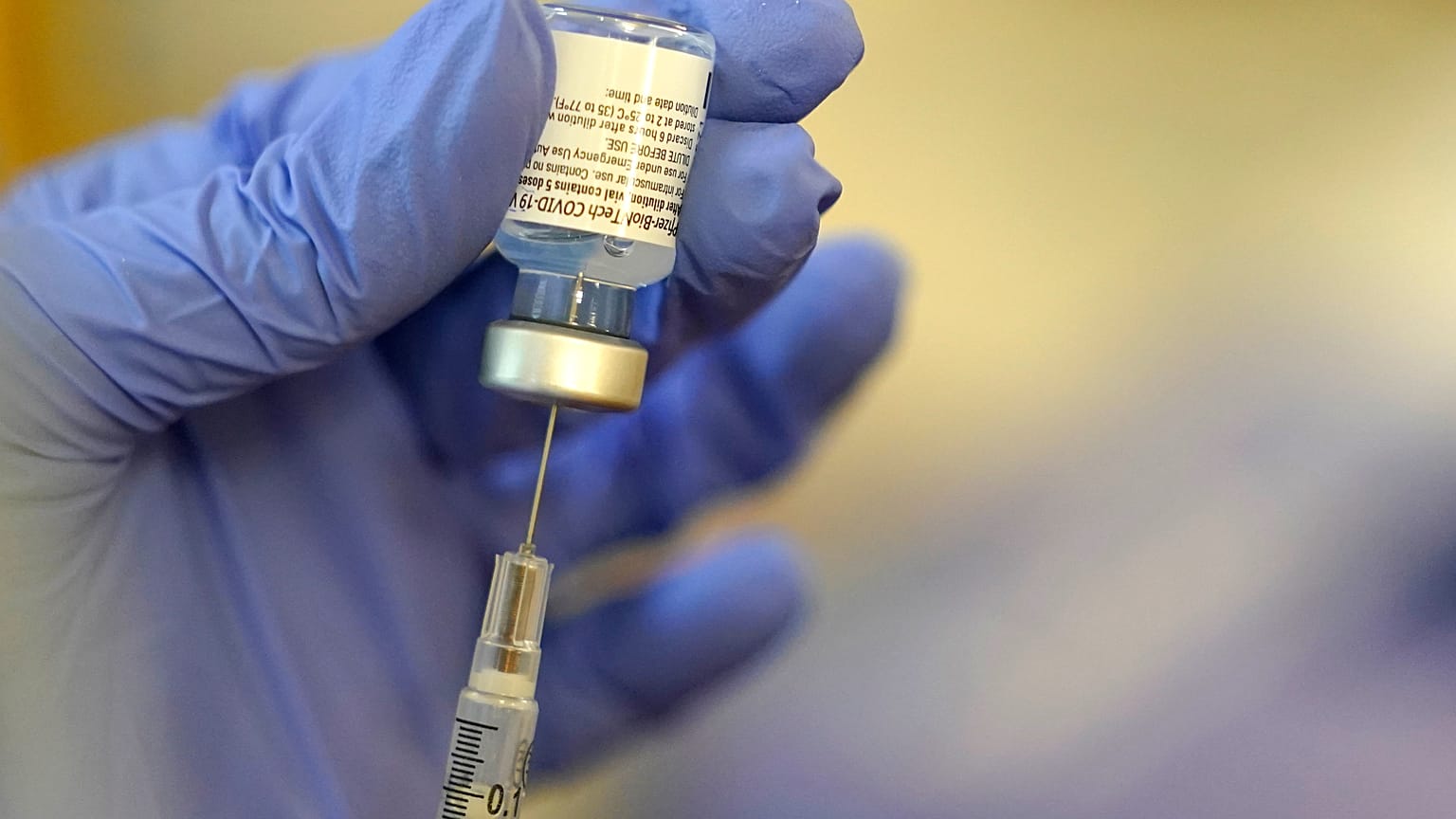The EU says it is not an "export ban" but rather a requirement for transparency on all vaccine exports.
A World Health Organization (WHO) expert criticised the EU's move to tighten exports of vaccines produced inside the bloc, stating that export barriers were "not helpful."
The question was put to experts at WHO on Friday after European commissioners announced they would adopt a regulation to require an export authorisation for coronavirus vaccines produced in the 27 member states.
Dr Mariangela Simao, the WHO’s assistant director-general for access to medicines and health products, said it's "not helpful to have any country at this stage put in export bans or barriers that will not allow for the free movement of the necessary ingredients that will make vaccines, diagnostics and other medicine available to all the world."
Dr Bruce Aylward, a special adviser to the WHO's director-general, said such measures must not "get in the way of trying to beat this disease on a global scale.”
"What concerns us the most in a situation like this is that ultimately it’s the most vulnerable countries ... that suffer the most in any situation where we end up with trade restrictions or barriers,” he said.
The EU says it is not an "export ban" but rather a requirement for transparency on all vaccine exports.
"These exports will be subject to an early notification and authorisation before they are effectively shipped outside the EU," the Commission said.
WHO has heavily criticised early coronavirus vaccination efforts, stressing the importance of equal access in rich and poor countries.
Dr Tedros Adhanom Ghebreyesus, WHO's director-general, warned last week that rich countries securing millions of doses of vaccines had put the world "on the brink of a catastrophic moral failure".
On Friday, Dr Tedros said governments should share vaccine doses after vaccinating healthcare workers and vulnerable citizens.
"We are asking those governments that have already received deliveries of vaccines to vaccinate their health workers and older people and share excess doses with COVAX so other countries can do the same," he said.
"But we also understand that governments are under political pressure to vaccinate their populations."
The European Union has donated €850 million to WHO's COVAX scheme that aims to secure vaccine doses for low and middle income countries.
All 92 countries on the COVAX list are exempt from the EU's new vaccine export requirement.
The EU decision on exports came amid a row with pharmaceutical company AstraZeneca which said they would not be able to supply the full amount of agreed on doses in the first quarter to the bloc.















